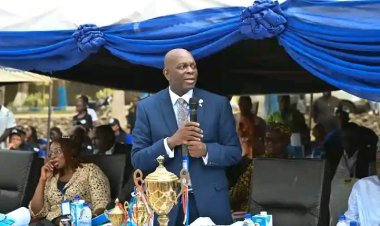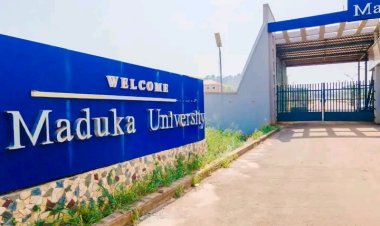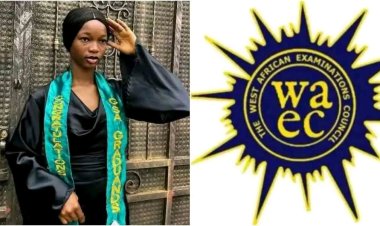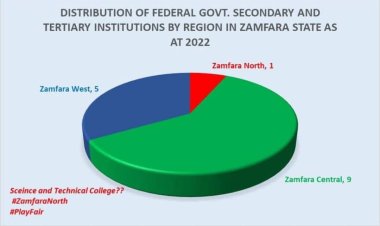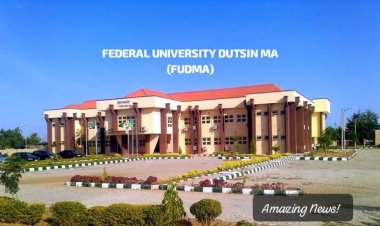FUOYE Professor Emerges Nigeria’s Foremost Commissioner for Arts, Culture & Creative Economy
Professor Rasaki Ojo Bakare, Nigeria’s first Professor of Dance and Performance Aesthetics and Ekiti State's Honourable Commissioner of Arts, Culture & Creative Economy, has been appointed as the Chairman of the Forum of Commissioners for Culture, Tourism, Arts, Heritage, and Creative Economy in Nigeria.
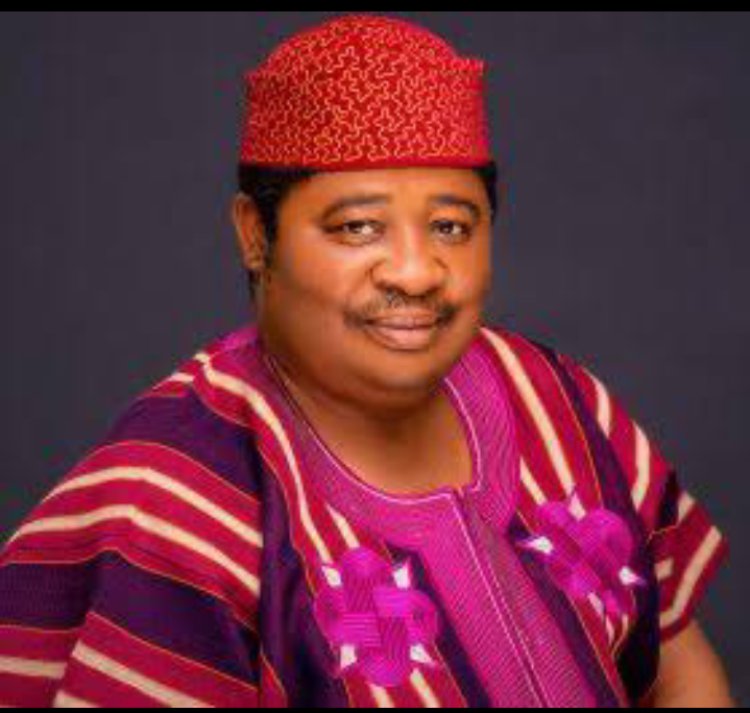
Federal University Oye-Ekiti (FUOYE) proudly celebrates the remarkable achievement of Professor Rasaki Ojo Bakare, Nigeria’s first Professor of Dance and Performance Aesthetics, who also serves as Ekiti State's Honourable Commissioner of Arts, Culture & Creative Economy. Prof. Bakare has ascended to the prestigious position of Chairman of the Forum of Commissioners for Culture, Tourism, Arts, Heritage, and Creative Economy in Nigeria, garnering widespread acclaim for his outstanding contributions to the field.
Under the leadership of Vice-Chancellor Prof. Sunday Abayomi Fasina, FUOYE extends heartfelt congratulations to Prof. Bakare for his remarkable feat, recognizing him as a distinguished ambassador of the university. Prof. Fasina commends Prof. Bakare for his unparalleled dedication to academia and the arts, which has consistently brought honor and distinction to FUOYE.
Prof. Fasina emphasizes that FUOYE boasts a wealth of exceptional scholars and educators whose expertise continues to shape the next generation of leaders and innovators. Prof. Bakare's achievements exemplify the university's commitment to excellence and its role in fostering intellectual and cultural advancement.
In a statement released by FUOYE's media team, Prof. Bakare's election as Chairman of the Forum of Commissioners for Culture, Tourism, Arts, Heritage, and Creative Economy in Nigeria is hailed as a testament to his vast experience and unparalleled contributions to the sector. With over four decades of experience as a creative artist, researcher, lecturer, and scholar, Prof. Bakare brings a wealth of knowledge and expertise to his new role.
SEE MORE: FUOYE Commences Admission Process for 2024/2025 Part-Time Programmes
Prof. Bakare's transformative leadership as Ekiti State Commissioner for Arts, Culture, and Creative Economy has been lauded for revitalizing the sector and fostering unprecedented growth and development. His strategic initiatives have not only rejuvenated cultural activities in the state but have also paved the way for the employment of young talents, contributing to the sector's expansion and vitality.
The appointment of Prof. Bakare as Chairman of the Forum signifies a significant milestone for Nigeria's cultural landscape, with expectations high for his leadership to influence policies and initiatives that will impact the sector nationwide. Alongside other esteemed executive officers of the Forum, including Vice Chairman Prince Stan Ifeanyi Ogbuewu, General Secretary Hon. Nagombe Joseph, Treasurer Hon. Bolanle Olukoju, PRO Hon. Robert Abubakar Ewa, and Financial Secretary Hon. Hajiya Rabi Salisu, Prof. Bakare is poised to drive positive change and innovation in Nigeria's cultural sphere.
READ ALSO: FUOYE Agricultural Economics Professor Urges FG on Pro-Poor and Agric-Support Policies
With his unparalleled track record of success and dedication to advancing the arts, Prof. Bakare exemplifies the spirit of excellence and leadership that continues to distinguish FUOYE on both national and international platforms. As he assumes his new role, Prof. Bakare's vision and commitment are poised to leave an indelible mark on Nigeria's cultural heritage for years to come.

 Chris Oyeoku Okafor
Chris Oyeoku Okafor 